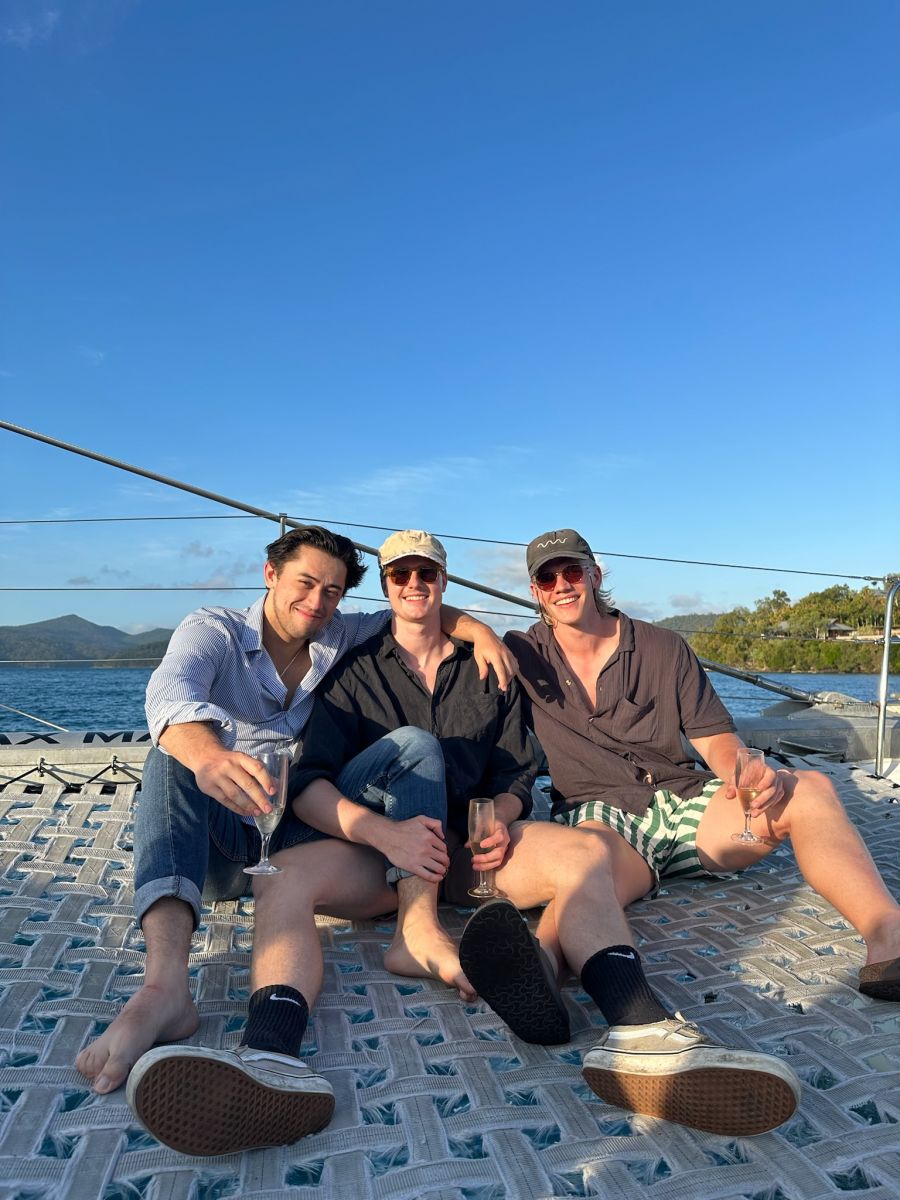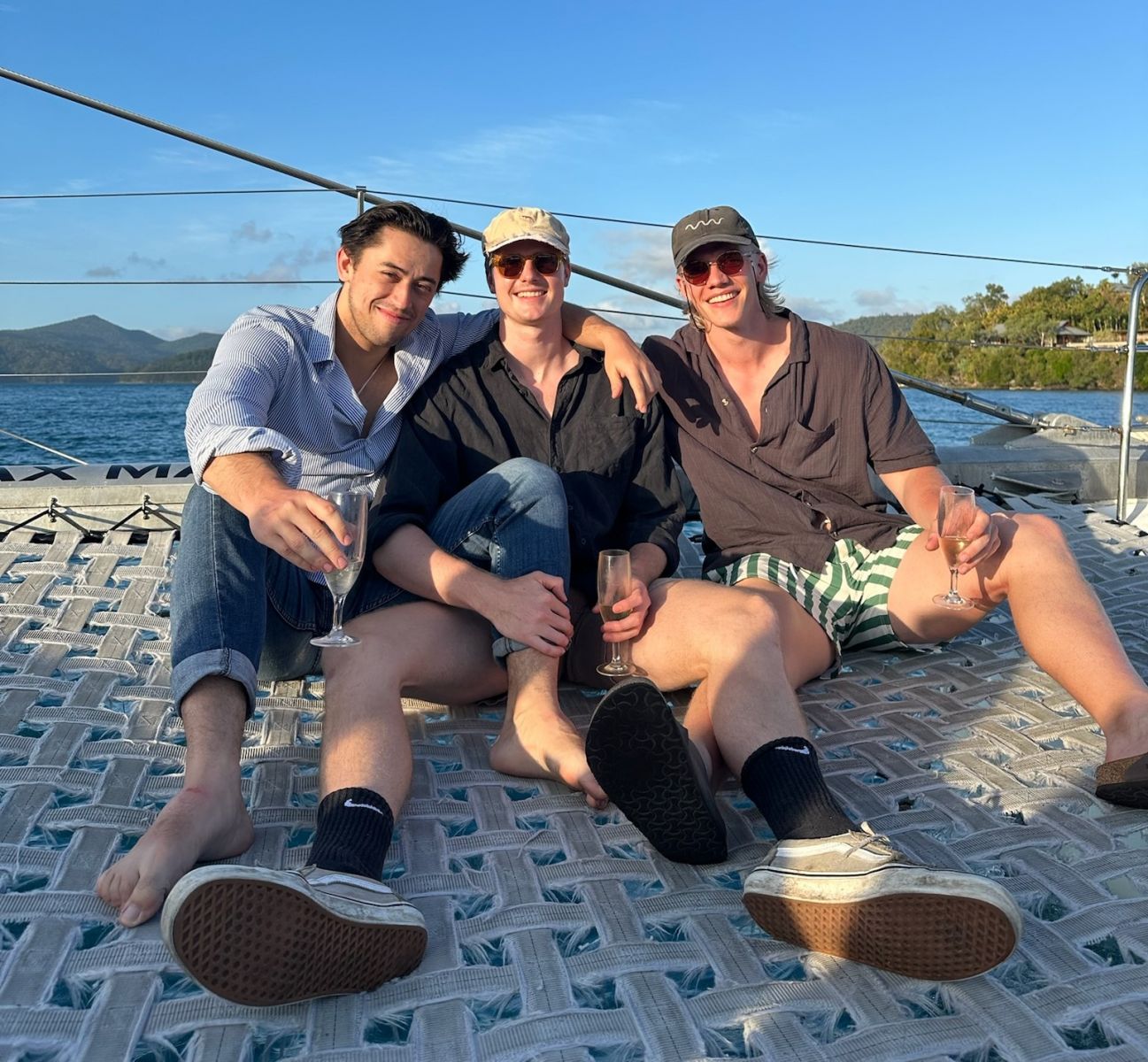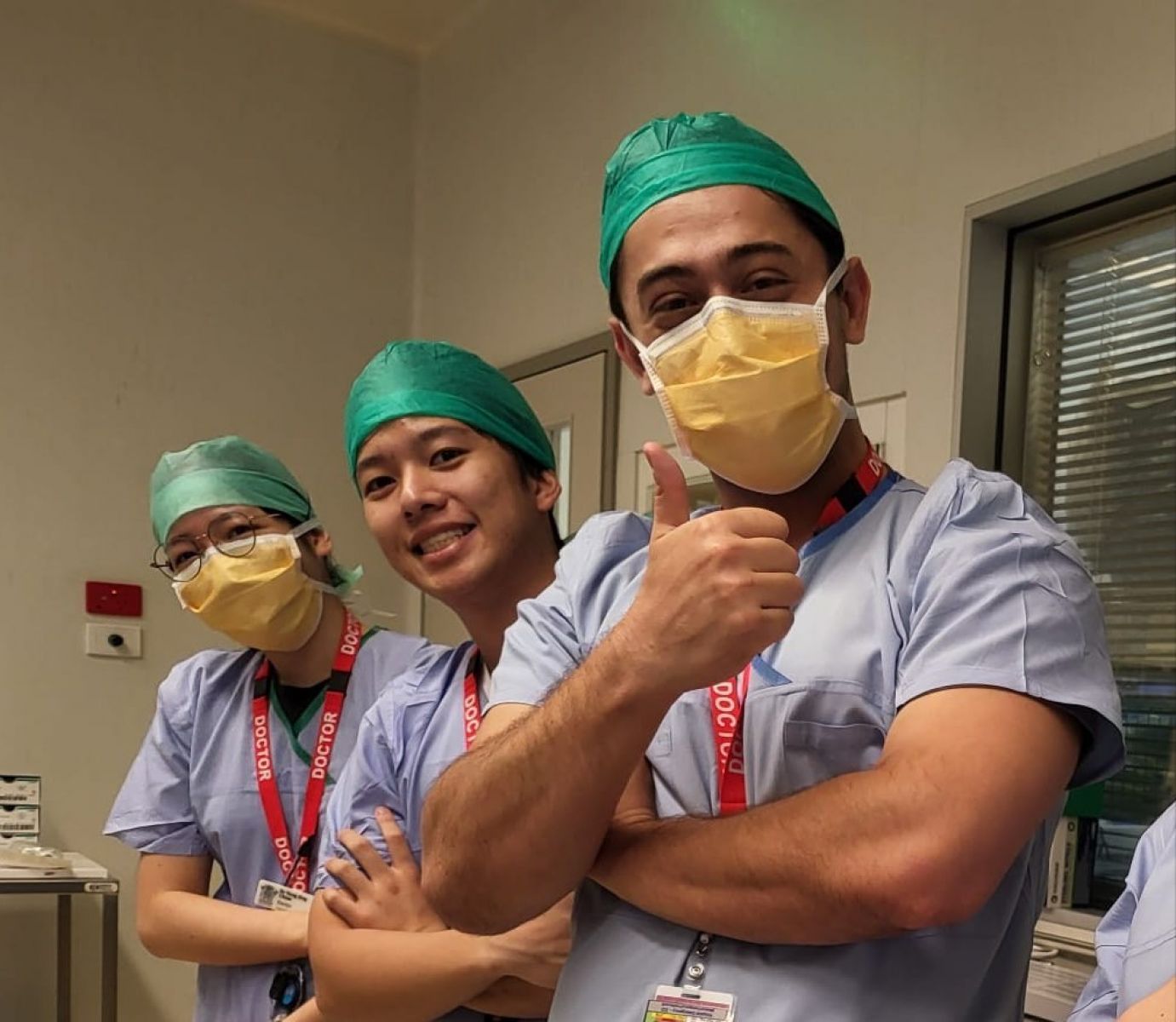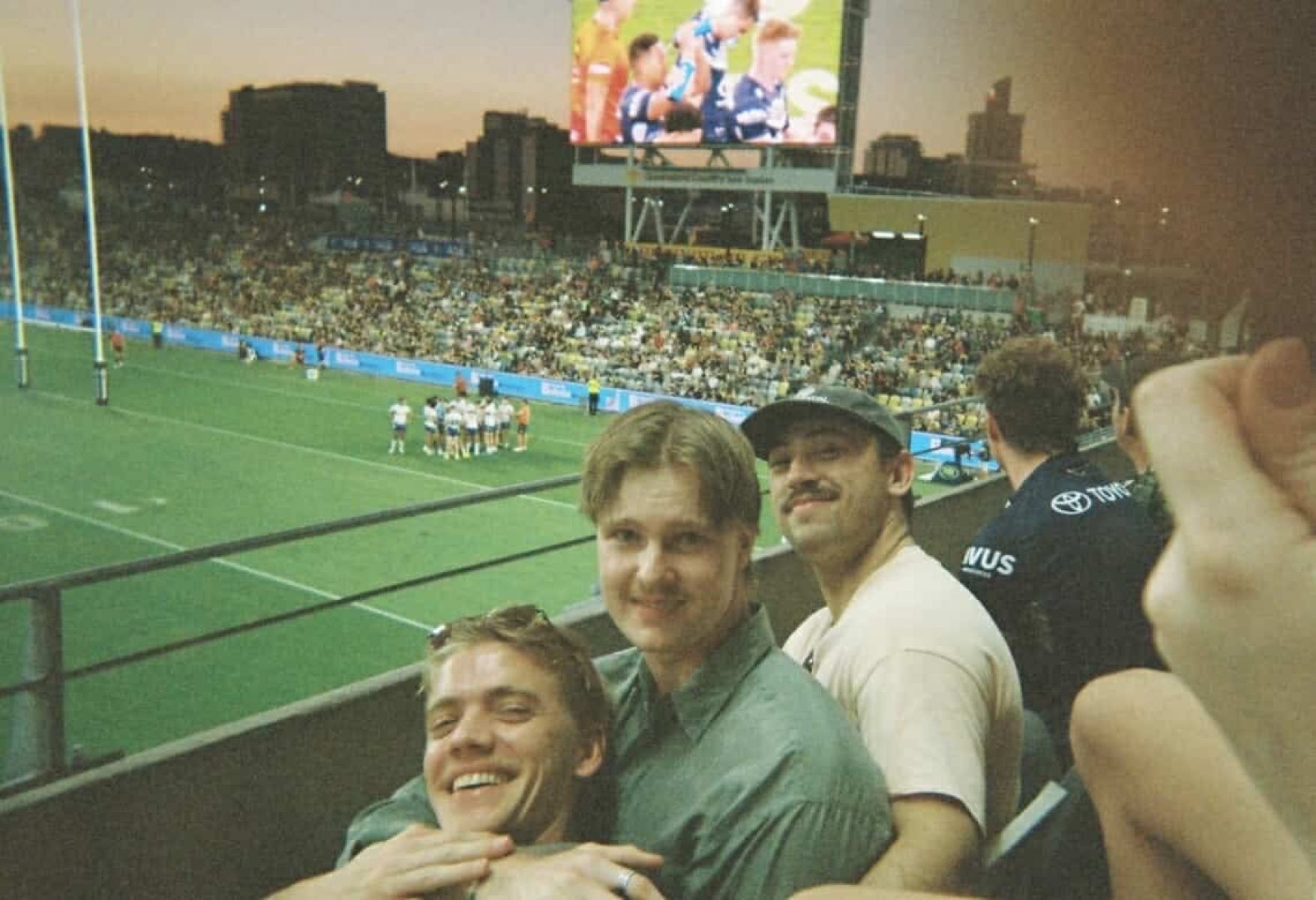20 August 2025
North of the Norm: Why Dr Aidan Wilkinson Chose Townsville for Surgical Training

When Dr Aidan Wilkinson graduated from the University of Queensland, he knew he wanted more than just a job — he wanted a challenge, a community, and a career path that would set him up for success.
So instead of staying in Brisbane, he packed his bags and moved north to Townsville for his junior doctor years.
“Growing up in Brisbane, I was eager for a change of pace and a fresh challenge once I graduated,” Dr Wilkinson says.
“A few friends from UQ had already moved to Townsville and were raving about the hospital’s supportive culture and the more relaxed lifestyle.”
It wasn’t just the promise of a better work-life balance that drew him in, it was the professional opportunity. “As someone interested in general surgery, I was drawn to Townsville University Hospital’s reputation for offering extensive operating time, direct consultant mentorship, and more hands-on learning,” he says.
A training experience that feels personal
Now a PGY2 working toward a career in general surgery, Dr Wilkinson says his move to Townsville has exceeded expectations.
“One of the biggest differences is how much more personalised my training feels here,” he says.
“In larger metro hospitals, it’s easy to feel like just another face in a big crowd. At Townsville, I’ve found the teams to be tight-knit and incredibly supportive, with consultants and registrars who actually know you by name and take an interest in your development.”
As a tertiary referral centre, Townsville University Hospital provides the clinical breadth of a major hospital — but with the accessibility and mentorship often missing from city training.
“The range of cases is broad and complex, which keeps things interesting. But the culture is more relaxed and collaborative compared to my metro rotations, and that’s helped me build confidence and clinical skills a lot faster.”
He also credits the medical education and rostering teams for being flexible and supportive.
“They’ve been remarkably supportive in approving annual leave so I can attend important commitments outside of Townsville,” Dr Wilkinson says.
“They’ve also gone above and beyond to arrange rotations that align with my career goals, allowing me to maximise my professional development early on.”
More hands-on, more opportunity
One of the most noticeable advantages of regional training, Dr Wilkinson says, is the level of hands-on involvement and access to senior clinicians.
“The smaller teams mean there’s more scope for direct involvement—both in procedures and patient management,” he says. “Senior registrars and consultants are keen teachers, so you develop a close working relationship that really accelerates your learning curve.”
Compared to friends who stayed in metro hospitals, Dr Wilkinson says he’s had “much more consistent exposure to acute and specialty cases,” which has been invaluable for developing his surgical skill set and clinical confidence.
“The hospital environment here has been instrumental in getting me prepped for the GSSE and further surgical training,” he adds.
“The senior staff are approachable and invested in teaching, so I’ve received mentorship that’s helped refine my technical skills and deepen my theoretical knowledge. It’s a supportive setup that’s giving me a solid foundation for my future career.”
Living where you work and love
Outside the hospital, Aidan has embraced everything Townsville has to offer. "Professionally, I love having a strong sense of community at work," he says.
“The teams here are close-knit, and you can usually rely on a flexible roster and plenty of hands-on opportunities.”
And personally?
“The lifestyle is unbeatable: minimal traffic, great weather, and endless outdoor adventures,” he says. “Weekends can be spent exploring waterfalls, going for hikes, or taking quick trips over to Magnetic Island.”
Advice for doctors considering a regional move
For junior doctors contemplating their next move, Dr Wilkinson recommends looking beyond the obvious.
“Keep an open mind and don’t underestimate the benefits of a smaller, regional environment,” he says. “The hands-on experience, tight-knit teams, and closer mentorship can accelerate your clinical development in ways that can be harder to find in big city hospitals.”
He adds that the lifestyle is a major bonus, especially when balancing a demanding profession.
“The lifestyle advantages — like less traffic, more accessible outdoor pursuits, and a friendly community — can make for a much better work-life balance.”
His advice? “Talk to people who’ve made the move, arrange a visit if you can, and weigh the clinical opportunities alongside the lifestyle perks.”
Building the future of regional health
Dr Aidan Wilkinson’s experience reflects how regional training can offer both professional depth and personal fulfilment.
With strong clinical exposure, supportive mentorship, and a balanced lifestyle, his time in Townsville has helped lay the groundwork for a career in surgery, while also offering a broader perspective on what it means to grow as a doctor.
For junior doctors considering their options, stories like Dr Wilkinson’s highlight the value of looking beyond the metro path and exploring the unique opportunities that regional centers can offer.


NQRTH is an initiative of the Australian Government's Integrated Rural Training Pipeline (IRTP) and is facilitated by James Cook University in partnership with public and private hospitals, Queensland Aboriginal and Islander Health Council (QAIHC), health services, Aboriginal Community Controlled Health Organisations (ACCHOs) and GP clinics.
Cairns region
(07) 4226 7138
Central West region
(07) 4764 1547
Mackay region
(07) 4885 7122
North West region
(07) 4764 1547
Torres and Cape region
(07) 4095 6103
Townsville region
(07) 4781 3424





